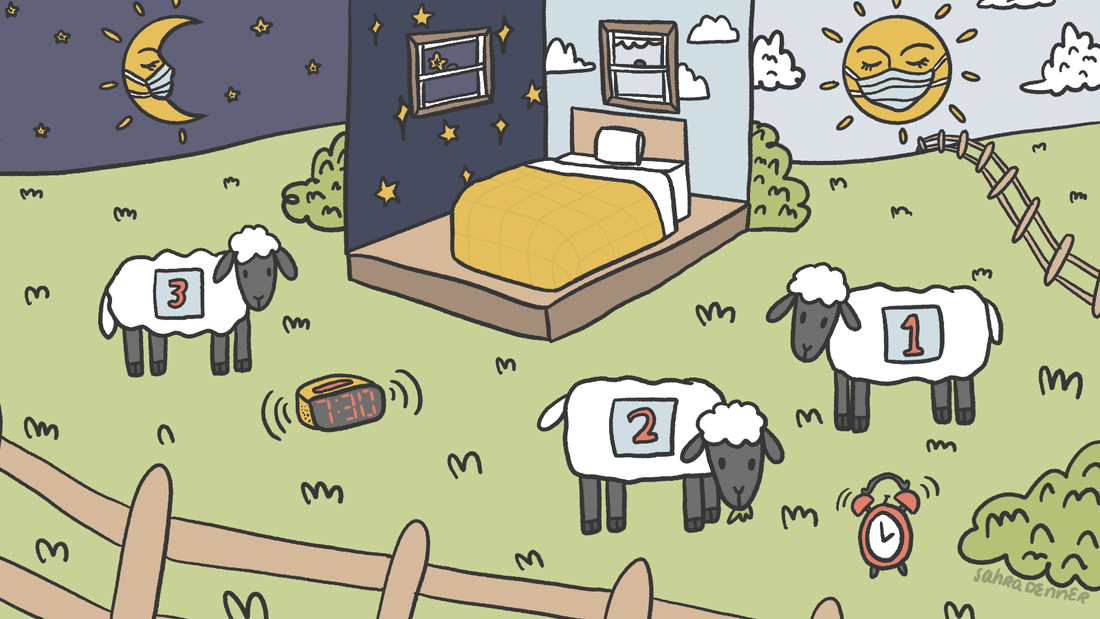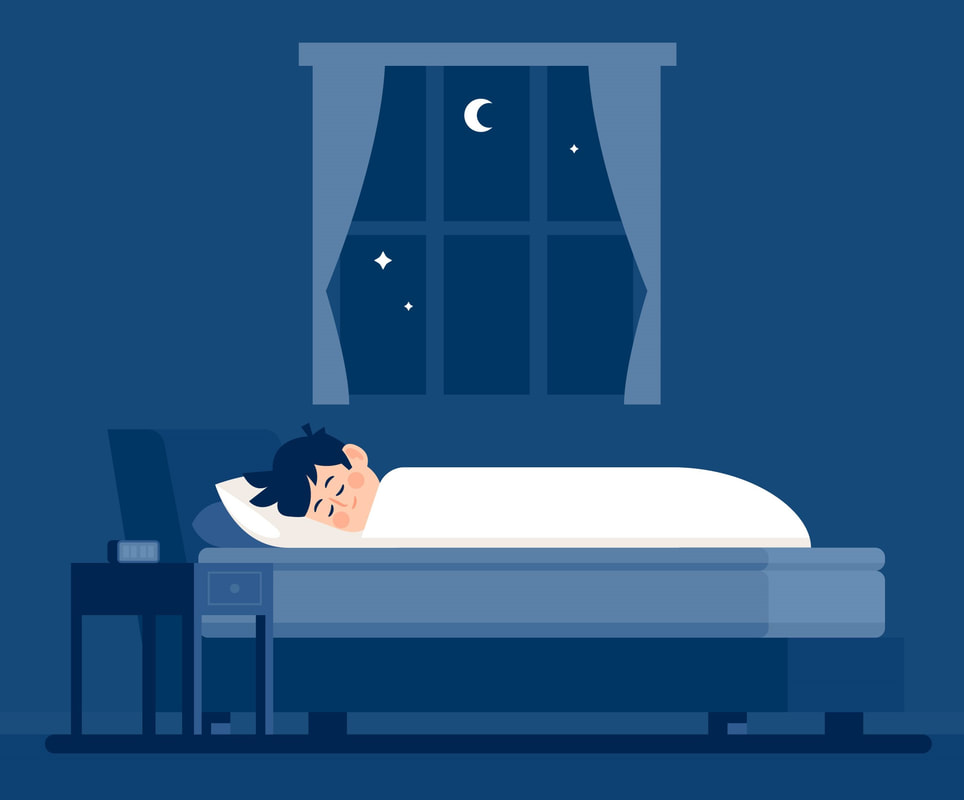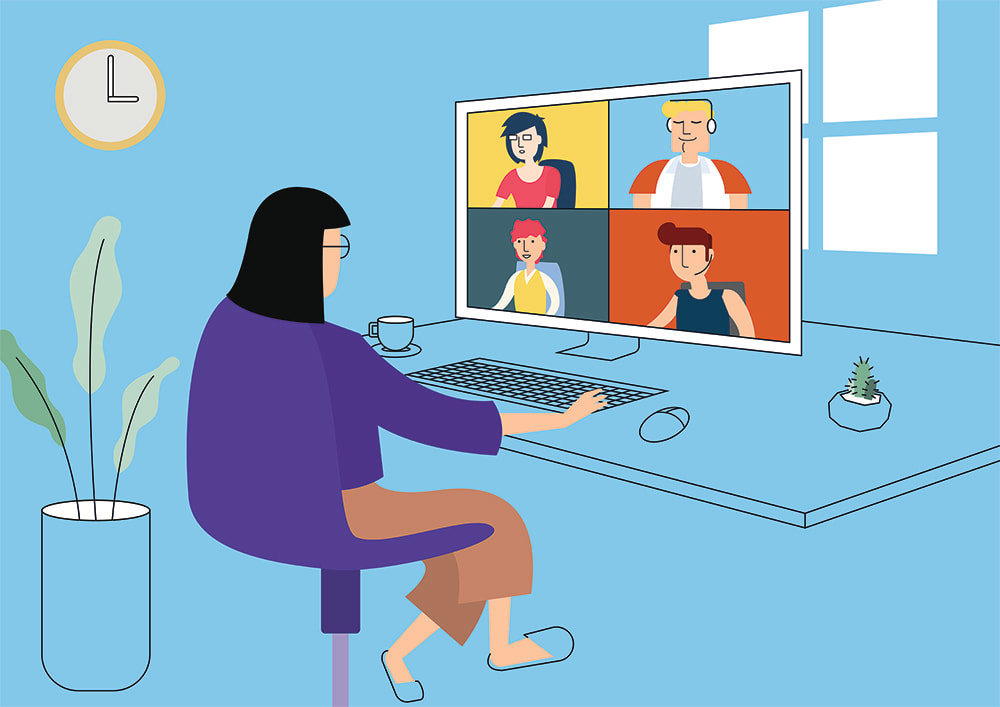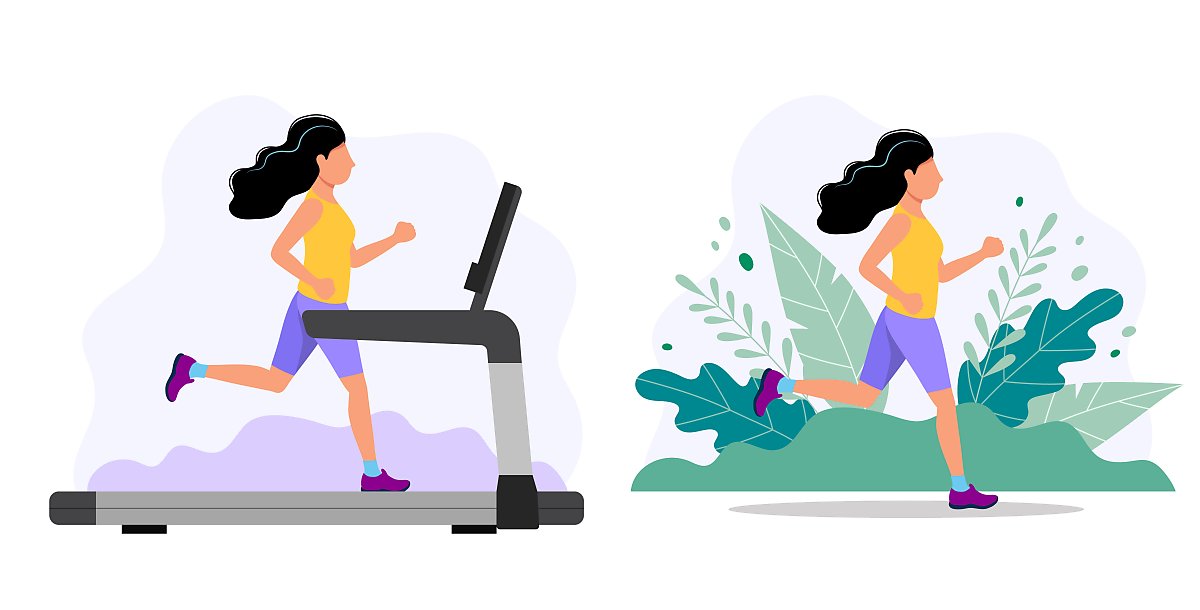|
Interview by: Makena Binker Cosen (CC ‘21)
The following is a heavily condensed version of the full interview. If you're interested, read more here. Can you explain your interdisciplinary background as a sleep researcher? My background begins with nutrition. I have a PhD in Nutrition from McGill University and my research focuses on sleep as a causal risk factor for obesity and cardiovascular disease. I got pulled into the sleep field when there was an increased awareness of a relationship between sleep duration and obesity, with the key question: how do sleep and personal lifestyle influence energy balance?
So what’s the connection between sleep and this pandemic? There could be many different ways that the pandemic influences sleep. Sleep timing and meal timing is very dependent on your personality and personal preferences (a.k.a. your chronotype). In general, anxiety and depression brought on by this pandemic could really adversely influence sleep. On the one hand, if individuals are worried, it keeps them up at night; they are not able to fall asleep readily. On the other, it might make them more depressed, and depression is associated with longer sleep. What I always say helps with sleep is waking up at a regular time, going to bed at a regular time, and getting sunlight during the day.
Over the years, we’ve screened almost 250 people using wrist actigraphy (a special body sensor), so we have objective sleep data from all of these people prior to the pandemic. We want to contact these people again and see how life has changed for those infected by the virus. How many had symptoms? Were they treated? What were their outcomes? Ultimately, the goal is to see if there is a relationship between the sleep we measured prior to the pandemic and the symptoms during the pandemic.
What’s your perspective on the future of your research & beyond? It’s definitely going to be more challenging for clinical researchers like me. We’re used to stringent protocols where we’re bringing people into the clinical center to make sure that we’re verifying everything objectively; all of our measures are taken on site. Now we have to explore different ways of conducting research that are not necessarily bringing people into the Medical Center. We’ve had studies where people come in every single week for us to verify their sleep. However, the battery life on the monitors we use to measure sleep lasts up to 3 weeks, so we can space out our visits to reduce on-site testing. We can combine this with virtual visits to verify questionnaires. In one way, it removes a little bit of control we have over the study. But at the same time, it may be very helpful for recruitment. How many people can make the trip up to our Medical Center every week if they’re working in Brooklyn or Queens? Maybe this will allow more people to participate in our research because they don’t have to have these commitments. Any final thoughts on sleep/nutrition we should know about?
something to eat in between meals. If you were in an office, you really wouldn’t have access to food as readily. So, trying to keep those stable patterns of food intake, so as not to be over indulging.
Finally, watch your physical activity. We are not really commuting anymore. I, for one, used to ride my bicycle to the office, thirty minutes each way. We have to find new ways of being physically active to compensate for that.
0 Comments
Your comment will be posted after it is approved.
Leave a Reply. |






